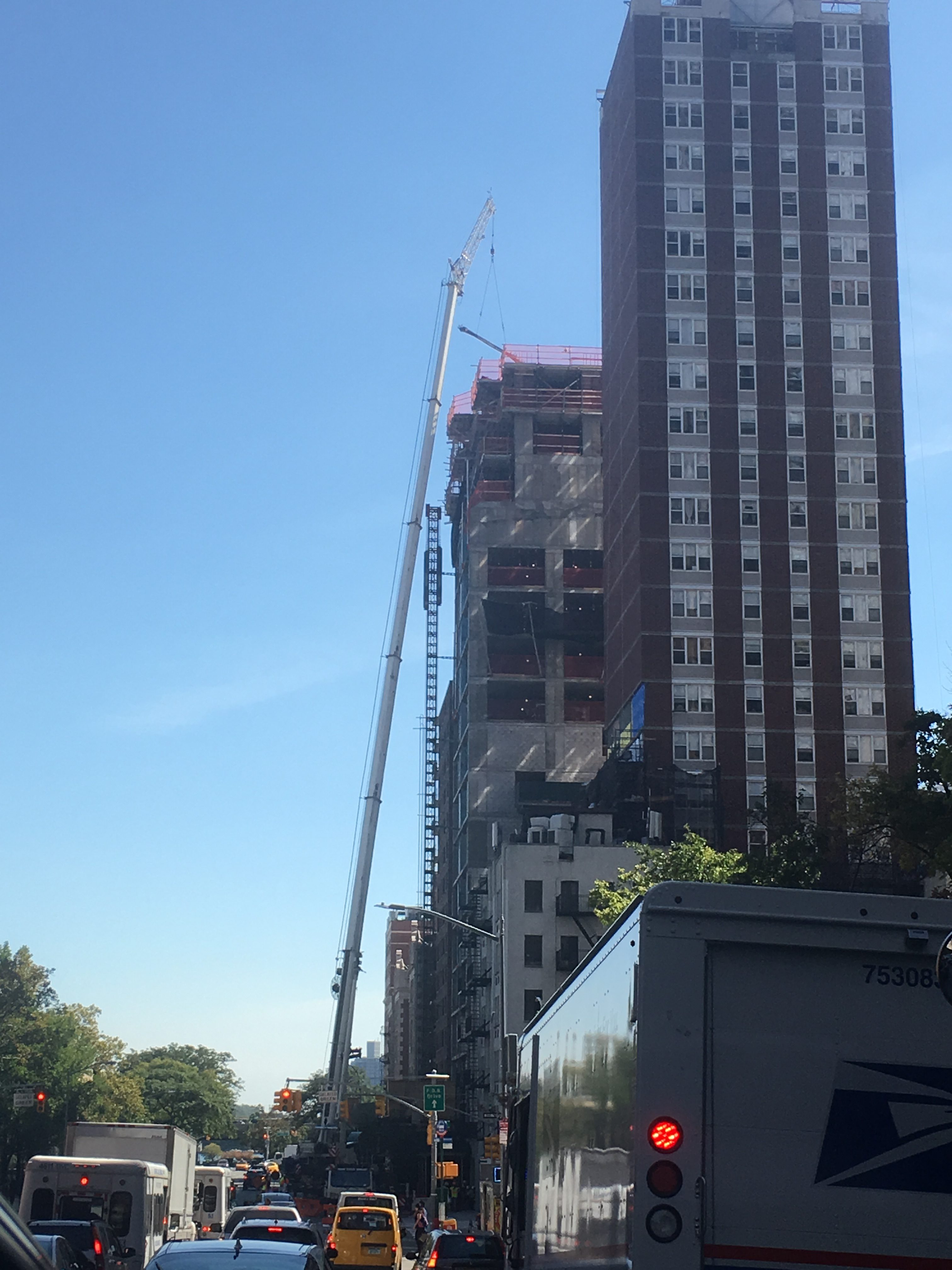OSHA proposes new rule that removes crane capacity restrictions for operator certifications
 Crane accidents can have dramatic consequences and one way to prevent such accidents is to make sure crane operators are proprely trained and certified. So far, operators of cranes and derricks have been receiving different levels of certification based on the rated operating capacity (ROC) of the machine they are operating. However after multiple complaints from the construction industry that the ROC was not a suitable indicator of a crane operator skills and experience, OSHA just released a new rule that removes the ROC-based certification requirements but instead put the responsibility of making sure that the crane operator is qualified in the hands of the employer. The proposed rule change “requires that every employer evaluate an employee first as an operator-in-training before permitting him or her to operate equipment without oversight.”
Crane accidents can have dramatic consequences and one way to prevent such accidents is to make sure crane operators are proprely trained and certified. So far, operators of cranes and derricks have been receiving different levels of certification based on the rated operating capacity (ROC) of the machine they are operating. However after multiple complaints from the construction industry that the ROC was not a suitable indicator of a crane operator skills and experience, OSHA just released a new rule that removes the ROC-based certification requirements but instead put the responsibility of making sure that the crane operator is qualified in the hands of the employer. The proposed rule change “requires that every employer evaluate an employee first as an operator-in-training before permitting him or her to operate equipment without oversight.”
With this new rule, every newly hired crane operator would have to be proprely evaluated by his new employer before he is allowed to operate the crane. Therefore on their first days of work with a new employer, crane operators would be considered trainees and would be tested on their competency and skills.
Among others employers will have to make sure newly hired crane operators know how to inspect the equipment, how to rig and to level the crane . Employers will have to test crane operators on their judgement about wind speed and other environmental factors. They also will have to make sure that new crane operators know how to hoist loads of irregular size and weight, that they are familiar with personnel hoisting, that they can perform multiple crane lifts and that they are able to hoist blind picks. Additionally employers will have to test operators on their capacity of operating the crane in special conditions such as tight space, near power lines or from a barge.
Read more in Equipment World
 New York Personal Injury Attorneys Blog
New York Personal Injury Attorneys Blog


